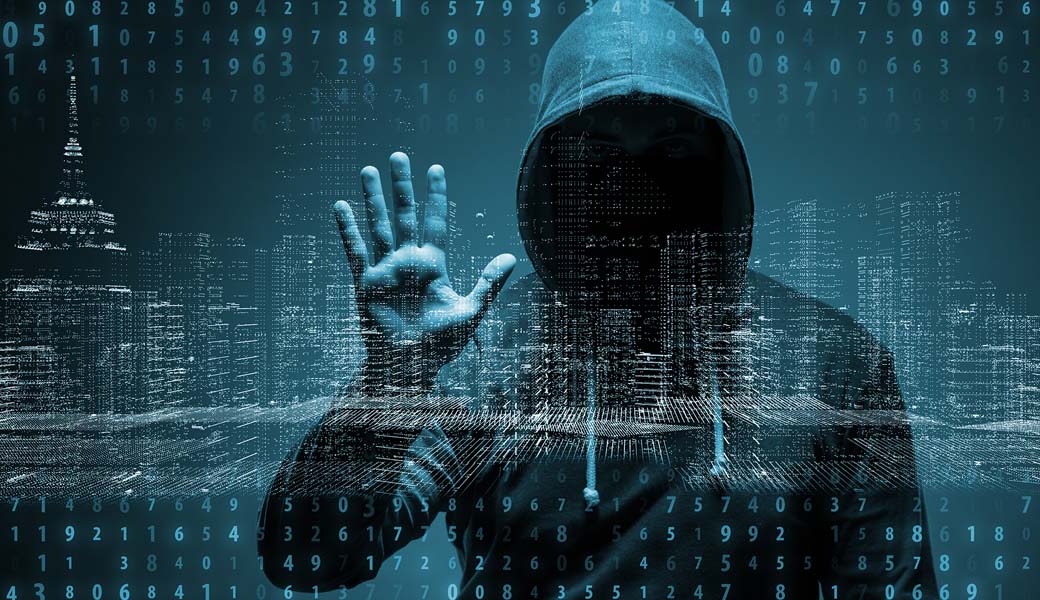People’s generosity is being taken advantage of by criminals.
Cybersecurity labs are reporting waves of fraudulent and malicious emails exploiting the humanitarian crisis in Ukraine and taking advantage of the charitable spirit of people across the globe.
Unfortunately, the war in Ukraine is a gold mine for scammers and criminal groups who use fraudulent emails and SMS messages to ask for donations.
Scammers are impersonating the Ukrainian government and international humanitarian agencies.
To stay safe from these malicious attacks and others, here are some recommendations:
#1 Don’t open untrusted emails.
Don’t open emails or attachments from untrusted senders, especially if they try to induce a sense of urgency, no matter how ‘official’ they seem.
#2 If you want to donate, go to the website
Look out for emails asking for donations, even ones using trusted names of organisations.
If you want to donate, go to directly to the charity organisation website to make a donation.
#3 Beware of text messages from unknown senders.
If you don’t know the sender, don’t click links arriving via instant messaging apps or SMS and block the caller.
#4 Be aware of misinformation campaigns.
The use of “deepfakes” and other methods to spread misinformation is on the rise. A red flag is a message that urges you to share that information further. Before you send along the message, be sure it’s from a trusted source.
#5 Use strong passwords for your online accounts.
Passwords that are unique, long (at least 12 characters), and feature multiple characteristics and combinations are the most secure. Make sure you use a different password for each account. A password manager can help simplify management and keep you safe. (Ask us for recommendations for a password manager).
#6 Use a virtual private network (VPN) on all public WiFi connections.
VPNs add an additional layer of protection between your devices and the internet. Most public hotspots offer little privacy protection.
#7 Advise your family and friends to install a security solution on all devices.
Modern security solutions prevent users from accessing malicious links, block malware before installation, and notify users when they receive malicious content. This is particularly important now, as some ransomware operators have pledged to help Russia execute cyberattacks against rival nations.
#8 Stay up to date on cybersecurity news, alerts, and tips.
We recommend subscribing to specialist websites, like Bitdefender, for the latest news on cyberattacks, malware campaigns, ransomware, cybercrime, and recommendations for staying safe and secure.
= = = = = =
Thanks for stopping by!
If you need security help, you know who to call! Get in touch with our team on 1300 333 737 or message us via our contact page.





